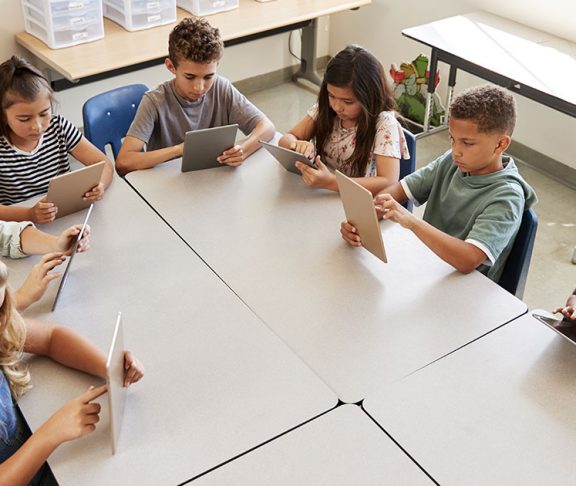Mathematics, often considered as daunting and intimidating by many students, holds the key to unlocking a world of possibilities and opportunities. From language immersion programs to personalized feedback techniques, from community-based learning initiatives to cultural competency in curriculum, there are various innovative approaches that can make mathematics more accessible and enjoyable for learners of all ages. In this article, we will explore some inspiring ways in which educators and schools are revolutionizing the teaching and learning of mathematics.
Language immersion programs have gained popularity in recent years as they offer students the opportunity to learn mathematical concepts in a different language. Research has shown that bilingual individuals tend to have better problem-solving skills and cognitive abilities, making them more adept at grasping complex mathematical ideas. By integrating mathematics with foreign language instruction, students not only enhance their linguistic proficiency but also develop a deeper understanding of mathematical concepts through a different cultural lens.
Personalized feedback and assessment techniques play a crucial role in helping students improve their math skills. Instead of relying solely on traditional exams and grades, educators are increasingly using formative assessments such as quizzes, projects, and peer evaluations to provide timely feedback to students. This individualized approach allows teachers to identify specific areas where students may be struggling and tailor their instruction accordingly. By offering constructive feedback based on each student’s unique needs, educators can help boost confidence levels and foster a growth mindset among learners.
Community-based learning initiatives are another powerful tool for promoting mathematical literacy among students. By engaging with local communities through real-world projects such as designing urban spaces or organizing fundraising events, students can see firsthand how mathematics is applied in practical contexts. These hands-on experiences not only make math more relevant but also instill a sense of civic responsibility and social awareness among learners.
Cultural competency and diversity play an essential role in shaping the mathematics curriculum. Educators are increasingly recognizing the importance of incorporating diverse perspectives into their teaching practices to create an inclusive learning environment for all students. By integrating multicultural narratives, historical contributions from underrepresented groups, and real-life examples from various cultures into the mathematics curriculum, educators can inspire curiosity and appreciation for diversity among learners.
Mindfulness practices have been gaining traction in educational settings as tools for promoting emotional well-being and cognitive development among students. In the context of mathematics education, mindfulness techniques such as deep breathing exercises or guided visualization can help reduce anxiety levels associated with solving complex math problems. By cultivating self-awareness and focus through mindfulness practices, students can improve their concentration skills and approach mathematical challenges with greater clarity.
Special education support online has become increasingly prevalent in recent years as schools strive to accommodate diverse learning needs within virtual environments. Online platforms equipped with adaptive technologies allow educators to provide individualized support tailored to each student’s unique strengths and challenges. Through interactive exercises, multimedia resources, and remote tutoring sessions, special education students can receive targeted assistance in mastering mathematical concepts while building confidence in their abilities.
Career readiness programs are essential for preparing students for success beyond the classroom by equipping them with practical skills needed in today’s workforce. Alternative schooling models often integrate career exploration activities into their curriculum to help students discover potential pathways related to mathematics fields such as engineering, finance, data science or computer programming.
In conclusion,
the field of Mathematics offers endless possibilities for creativity,
discovery,
and intellectual growth.
By embracing innovative approaches
such as language immersion programs,
personalized feedback techniques,
community-based learning initiatives,
cultural competency,
mindfulness practices,
special education support online
and career readiness programs.
educators
can inspire
a lifelong love
for Mathematics
in every learner.

Leave a comment